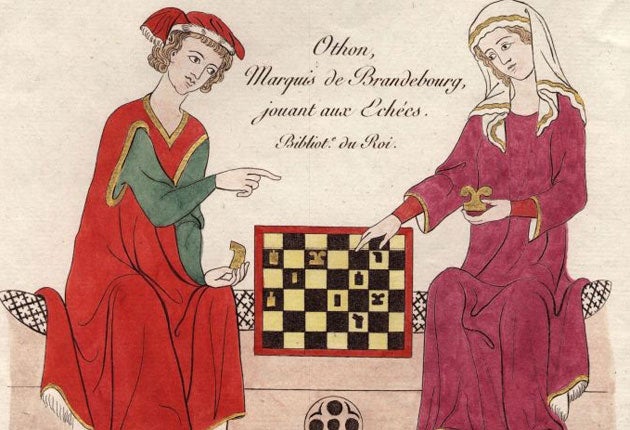The Timeline: Board games

3500BC: Senet
Discovered in Predynastic and First Dynasty burials of Egypt, Senet is believed to be the world's oldest board game. Meaning "game of passing", Senet consisted of a grid of 30 squares, arranged in three rows of 10, and two sets of pawns, though the exact rules are the source of much debate. A copy of the game was found buried with Tutankhamun.
1400BC: Dice
Sophocles claimed that Palamedes invented dice in about 1400BC and, sure enough, cubical stones and clay dice have been found from this period with numbers on their faces. In truth, dice were developed independently by many ancient cultures around the world.
200BC: Snakes and Ladders
Snakes and Ladders originated in India as a game based on morality, where the progression up the board was to teach children about good and evil, with climbing up ladders representing good, and sliding down snakes representing evil. During the British rule of India, the game made its way back to these shores and it was taken to the US as "Chutes and Ladders" in 1943 by Milton Bradley.
1935: First board-game millionaire
Although a number of people contributed to creating Monopoly, Charles Darrow is often (wrongly) credited with being the sole designer. Having sent the game to toy manufacturers Parker Brothers in 1934, it was initially rejected for being too complicated, too technical and taking too long to play. After hearing about promising sales in Philadelphia, the company bought the game from Darrow in 1935. It was the best-selling game of the year, making Darrow the first millionaire board-game designer.
1957: First chess computer program
Although the origins of chess date back to the sixth century, in 1957 the very first computer programs that could play a full game of chess were developed. However, it wasn't until 1977 that a chess computer (Chess 4.6) was successful at a major chess tournament.
2011: Battleship: The Movie
Battleship was introduced as a pad-and-paper version in 1931 before being turned into the familiar board game. The simple naval-warfare guessing game has had a slick makeover for the cinema, though: the film cost $200m to make and the plot includes an alien invasion.
Subscribe to Independent Premium to bookmark this article
Want to bookmark your favourite articles and stories to read or reference later? Start your Independent Premium subscription today.

Join our commenting forum
Join thought-provoking conversations, follow other Independent readers and see their replies